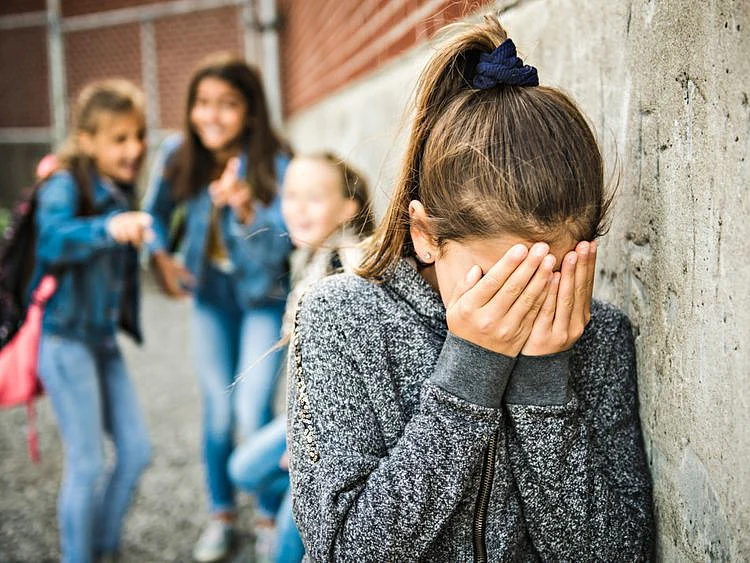'Say S!' Your child isn’t ‘just teasing’ — they could leave lasting scars, here’s how parents can step in
Children watch their parents and often mimic their language and behaviour

“Say S.”
I was five, and the wretched letter seemed stuck between my tongue and teeth. My father wasn’t too concerned; after a few attempts of trying to make me say ‘S’, he didn’t bother after that. So, I never did, either. I didn’t even know it had a name: Lisp, as I learned later.
In junior school, I continued performing, acting being the chatterbox that most adults would nervously shush away. The children in my first school, didn’t seem to notice or bother much with it, anyway.
And then, I changed schools. I still remember that I was trying to talk to one of my classmates, and he giggled (yes that’s the word here), when I spoke. He found my way of saying “S” terribly funny, and as unfortunately, children that age aren’t blessed with much maturity, he went and told the others in the class. So, they kept asking, “Say S! Say S!”
It was a source of great entertainment to them, and wherever I went, the sounds of ‘SSSS’ kept following. It was like a new game that they had discovered, and it just kept getting funnier over time for me. As for me, I didn’t quite know what to do. How could I avoid saying ‘S’? I looked for ways though. I tried nodding and saying ‘Ya’, to avoid saying yes.
But S is S for one. It’s a letter in the English language and you can’t escape it. And for a year or two, somehow, the lisp became more pronounced, and more fodder for the boys in my class. It was rattling and deeply embarrassing, especially when I had to do presentations. I would try looking ahead at the class board, but I always ended up seeing the giggles, despite the class teacher’s firm ‘Quiet, quiet!’
She didn’t quite know what the joke was, and I never knew how to explain it. Somehow it became more mortifying, even when the classes were shuffled. Other children didn’t notice or didn’t want to pick on it, but by this time, there was too much shame around it. Someone once joked about it and asked genuinely, “Why can’t you say S properly?”
I didn’t know why I couldn’t. I didn’t have answers, and neither did I go to any speech therapists to understand or fix it.
Worst, I had braces and then retainers after that. That didn't help the lisp; in fact it grew worse. Maybe I hoped the problem would fix itself over-time, which it did, though it still showed up in moments of extreme stress-in my late 20s, -thankfully a rare occasion, now. But I won’t lie when I say that I always fear questions about it, even if people mean well. It takes me right back to school days, and I have to remind myself that’s gone; more than 25 years ago.
But that’s the painful awkwardness about school. It’s too formative and raw. And sometimes, it's difficult to let certain things go.
Maybe you can move on from some things. But others, stick with you, even if you may not actually think of school.
And as I look back, with a less grudging attitude towards my classmates: They didn’t know any better, even if they were bullies.
The truth is, children don’t quite always know the impact they have on others. They don’t see mocking a lisp as something that could harm a person for a long time. They see it as fun. A temporary game.
From countless conversations with child psychologists, it’s clear that children absorb everything around them. They watch their parents and often mimic their language and behaviour. So, if a child sees a parent speaking about someone in an unflattering way or laughing at them behind their back, they are likely to do the same.
But ultimately, it’s up to the parents. It gives me hope when I see parents stepping in to stop a child’s mockery of anyone — no matter how small it may seem. It's not just 'fun', especially if you see another child getting badly affected. If it hurts them, it does; and there' no two ways about it.
These little things do matter. And they do build up eventually.
After all, why live a life of regret, guilt, or filled with scars.
Network Links
GN StoreDownload our app
© Al Nisr Publishing LLC 2026. All rights reserved.